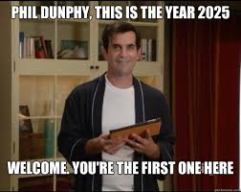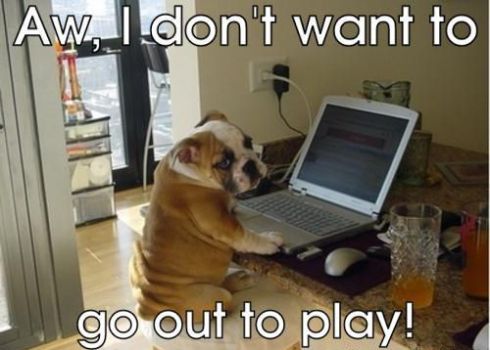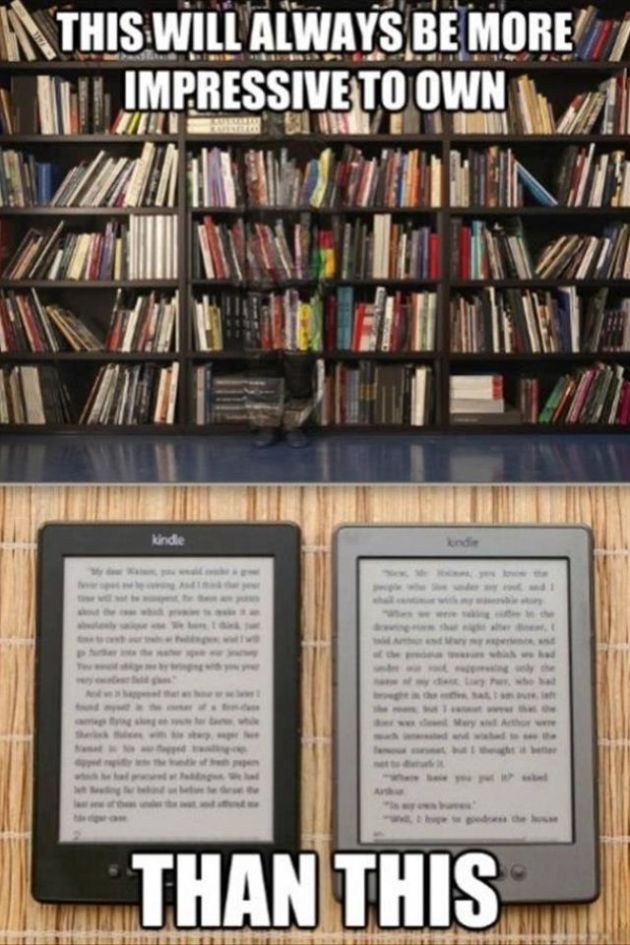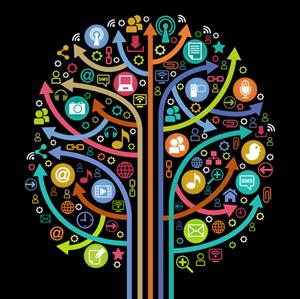So correct me if I’m wrong, but my understanding of the ‘internet of things’ is an object being connected to the internet. This could vary from a phone, radio, play station/xbox machine etc and even TV (Im sure there are heaps of other things I could have listed but i feel that you get the idea). This enables them to become sociable and allows them to have multipurpose.
So I’m sure you have all seen the ad for the NetChef. I feel that this is a perfect example for the ‘internet of things’. The NetChef acts like a cook book that also connects to the internet allowing you to find other recopies, conversion charts etc.
By being connected to the internet, the NetChef enables users to achieve multiple goals/task at once. This can also be achieved through smart phones, game consoles, TV’s. And as the video in the lecture showed, most things can be connect to one another and all you need to do is push a remote (or tap an ipad)
Most people (especially generation y) will see the ‘internet of things’ as a beneficial thing. Everything will be connected. Everything will be multipurpose. But is that what we really what. Is there ever a time where you just want to be by yourself and not be connected? Do you ever want to get away from society? Maybe in the future these thoughts won’t even be possible, we may be continuously connected to one another, even if we don’t like it.






